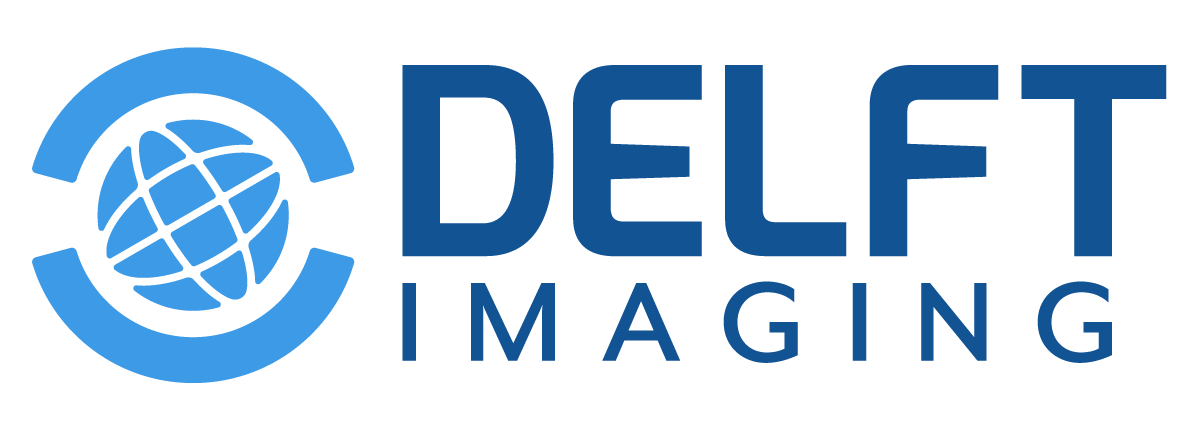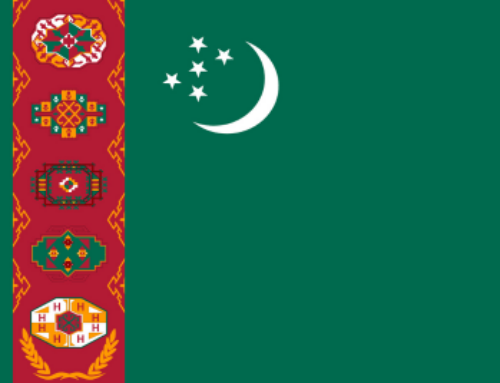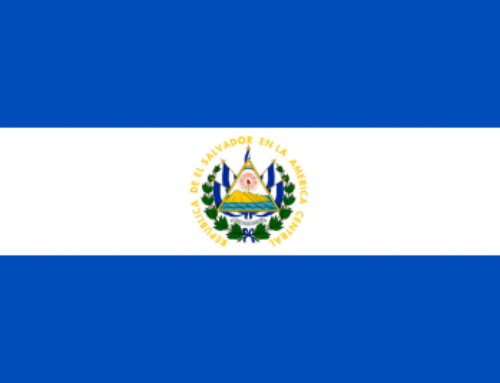Our projects in lung health
In 2023, Ethiopia faced one of the highest tuberculosis (TB) burdens in the region. With a population of approximately 126 million, the country recorded an estimated 188,000 TB cases and 29,000 related deaths. Despite national efforts, about 53,127 individuals remained undiagnosed or unreported. The TB/HIV co-infection rate continued to rise, reaching 16,000 cases, alongside 2,600 individuals who developed drug-resistant TB. These metrics point to critical gaps in early detection and case management, particularly in hard-to-reach areas.
We have maintained a longstanding partnership with the Ministry of Health in Ethiopia. In 2019, we delivered 4 Delft OneStopTB X-ray Clinics, mobile screening clinics equipped with the EasyDR X-ray system and CAD4TB. These units were deployed to strengthen TB detection in underserved regions. In 2022, 2 additional CAD4TB systems were provided—one to Addis Ababa University for research purposes and one to Clinica Universitaria Malattie Infettive.
In 2023, we supplied 30 mobile X-ray systems, including Delft MAC X-ray units and CAD4TB, to the Ministry of Health. This large-scale rollout included centralized training sessions and maintenance support.
Our projects in maternal health
Ethiopia has achieved a notable decline in maternal mortality, with 195 deaths per 100,000 live births recorded in 2023, a drop from 250 in 2021. Although the ratio remains high compared to global benchmarks, this trend reflects ongoing progress. Continued investment in antenatal care, obstetric services, and early risk-detection technologies can support further reductions and move the country closer to achieving Sustainable Development Goal 3.1.
Since 2015, Delft Imaging has worked to strengthen maternal healthcare in Ethiopia by developing and deploying BabyChecker. In collaboration with the Federal Ministry of Health, CUAMM, and St. Luke Hospital Wolisso, we collected ultrasound scans using the six-sweep protocol to train the BabyChecker algorithm.
In 2018, a proof-of-concept study was conducted at St. Luke Hospital with support from CUAMM and Engender Health. Midwives participated in the study following a brief training session. Observations and feedback from healthcare workers and medical professionals confirmed the usability and acceptance of BabyChecker in improving maternal, neonatal, and child health services.
CUAMM procured one BabyChecker unit in 2024, which is currently used at Dharwanaje Health Centre to support antenatal care.
Since May 2025, Debre Berhan University has been leading an implementation study evaluating the integration of BabyChecker into primary maternal healthcare services. The study aims to assess its impact on maternal and newborn health outcomes, service utilization, and cost-effectiveness in Ethiopia.
Making a Difference
Research paper
A 2023 study on the accuracy of CAD4TB in Ethiopia highlights CAD4TB’s potential in high-burden settings for its efficiency and cost-effectiveness, processing up to 132 images per day at less than $6 per person. CAD4TB V.7, specifically, is noted for its high effectiveness in settings with high TB burden. Evaluating the diagnostic accuracy of the CAD4TB software compared to the Xpert MTB/RIF test in detecting tuberculosis, the study attested that CAD4TB’s sensitivity ranges from 90% to 92%, while its specificity varies between 23% to 66%.
In 2024, the Stop TB Partnership’s Board Report elaborated on the impact of our solutions, particularly on how optimizing CAD4TB’s connectivity strengthens healthcare infrastructure in the country. “Connectivity – Diagnostics connectivity solutions were introduced and strengthened using a variety Ethiopia’s network of GeneXpert’s is now connected to the LabXpert software. Stop TB supported the adoption of LabXpert under the USAID-funded introducing New Tools Project (iNTP). Use of 99DOTS in Bangladesh (source: icddr,b) of technologies in five countries, including MedX LabXpert, SystemOne Aspect and a domestically developed solution Tibulims. Dashboards connected data from GeneXpert, Truenat and CAD4TB systems, allowing for real-time nationwide monitoring of instrument performance and rapid transfer of results, and facilitating earlier treatment of people with TB and DR-TB.
Webinar insights
In 2022, Dr. Daniel Gemechu, Chief of Party for USAID Eliminate TB Project, Management Sciences for Health in Ethiopia shared critical lessons from the introduction of CAD4TB and AI-powered X-ray vans in pastoralist regions. With nearly half of TB cases in Ethiopia being asymptomatic, traditional symptom-based screening falls short. By deploying AI-equipped mobile vans in hard-to-reach areas like Afar, Oromia, and Somali regions, healthcare teams successfully screened nearly 4,000 people and diagnosed over 270 TB cases in just six months. These efforts are closing diagnostic gaps, reaching mobile populations, and generating local evidence that is now shaping national policy.
Case studies
Ethiopia’s use of OneStopTB Clinics with EasyDr digital X-ray and CAD4TB has significantly enhanced TB screening, especially in pastoralist communities. This approach demonstrates a marked increase in TB case detection, highlighting the effectiveness of combining AI with traditional screening methods. Read the full 2023 case study “TB Screening in Pastoralist Communities with OneStopTB Mobile Clinic” on our website.









